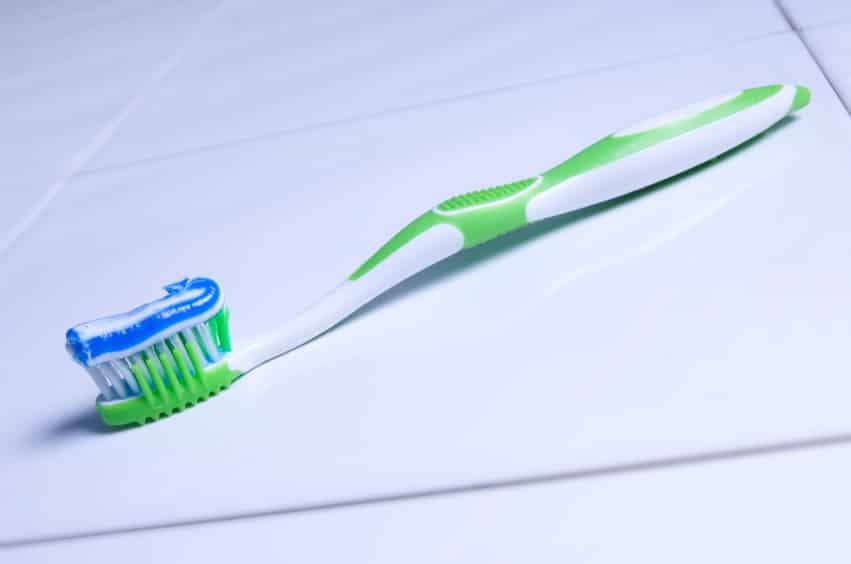Fluoride is an amazing mineral that keeps your teeth healthy and strong. Many patients who experience tooth decay do so because of a lack of fluoride in their diet. With the number of fluoride-enriched dental products on the market today, it is now easier than ever to maintain a healthy smile. Let’s take a closer look at what fluoride treatment does for your teeth so you can explore this process in the future.
What Is Fluoride?
Fluoride is a mineral that is found in many of the foods and water products that you drink. It works to restore enamel lost during demineralization. Demineralization occurs from the acids and sugars in your mouth eating away at your enamel. By using fluoride, calcium, and phosphate in your oral hygiene practices, you can reverse the effects of demineralization and keep your teeth as healthy as possible. If you are worried about tooth decay or complete loss of teeth, fluoride treatments will work well for you.
Fluoride also makes teeth more resistant to the bacterial attacks coming into them. It disrupts acid production in children and adults, and it speeds up the process of remineralization. Children under six years old can use fluoride during their teeth development to start with the best smile possible.
Different Types Of Fluoride Treatments
Depending on the severity of your tooth decay and your overall oral health, you can either enhance your fluoride levels at home or get professional fluoride treatment with a dentist,
Fluoride Treatments At The Dentist Office
For the in-office treatments, your dentist or dental hygienist will dry your mouth and apply a special paint, varnish, or foam to your teeth. Some dentists use mouth guards filled with gel to conduct their procedures, depending on the products they use. After sitting with the treatment and rinsing your mouth, you will need to avoid smoking or drinking for at least 30 minutes afterward. Then you can simply follow the aftercare instructions outlined by your dentist.
Fluoride Treatments At Home
There are several ways you can improve your fluoride levels at home. To start, you could switch to drinking fluoridated water. This water is designed to carry the fluoride to the surface of your teeth through your saliva, thereby fortifying the enamel at the source. The tap water coming from your sink may actually have a stronger fluoride level than other waters you drink, depending on the way it is filtered. You could contact your water supplier to find this out.
You may use toothpaste or oral rinses with fluoride to further improve the strength of your teeth. If you need a particularly high level of fluoride treatment, you may need a prescription from your dentist. Some over the counter products are better suited for fluoride treatment than others, like Act mouthwash compared to Listerine. Ask your dentist about your options.
Should I Go Through Fluoride Treatment?
There is no downside to getting a fluoride treatment. No matter what age you are or what the current status is of your oral health, you can benefit from having strong, healthy teeth. Check out the options available to you, and you will soon see a noticeable improvement in your smile.











